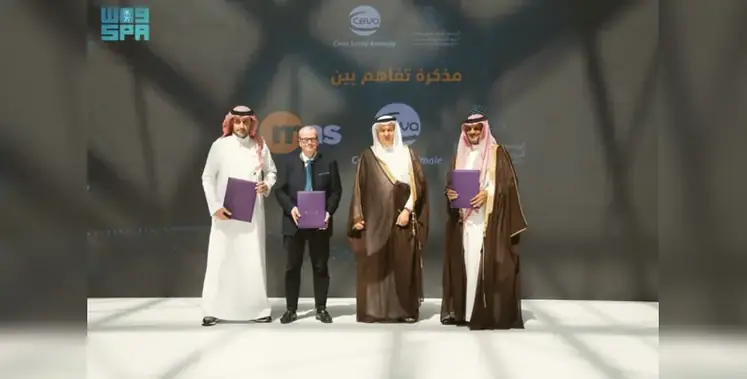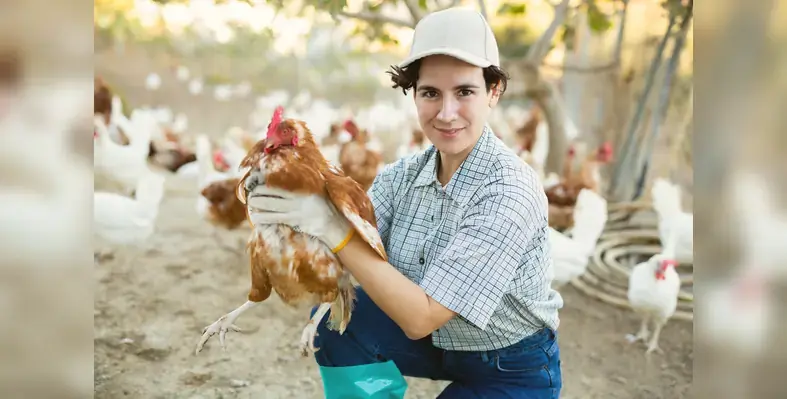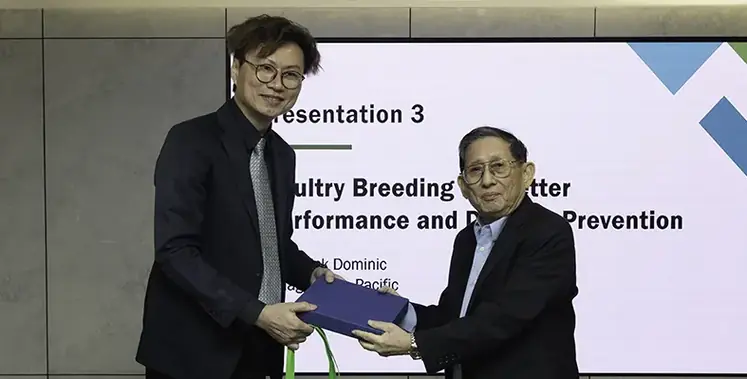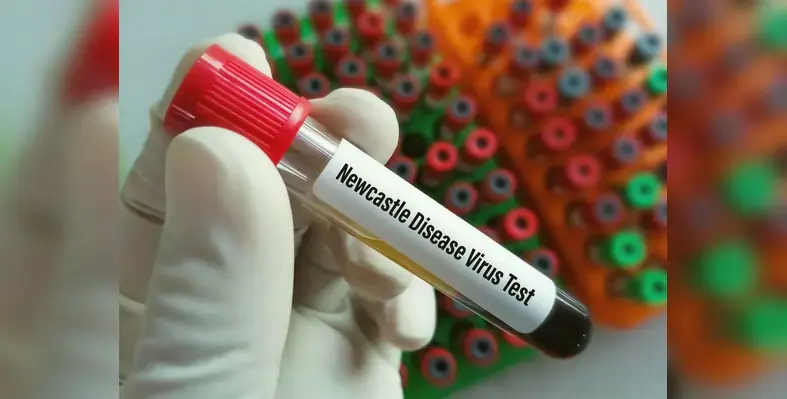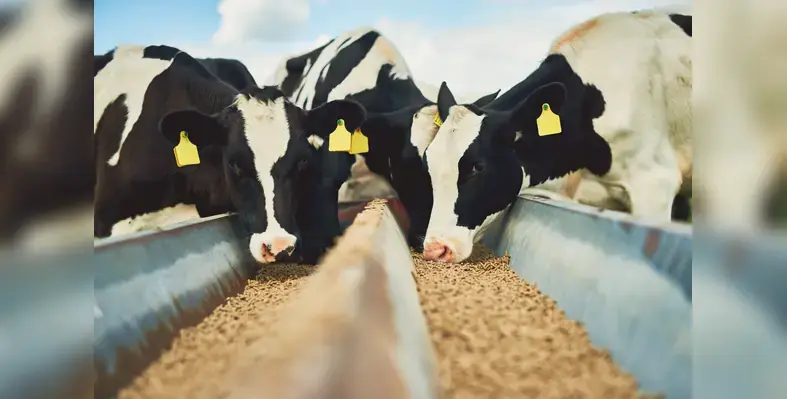Saudi Arabia has taken a major step towards strengthening its animal health sector through a new partnership with CEVA to localise veterinary vaccine manufacturing within the Kingdom.
The agreement was signed under the patronage of His Excellency Eng. Abdulrahman bin Abdulmohsen Al Fadley, Minister of Environment, Water and Agriculture and Chairman of the National Livestock and Fisheries Development Program, in the presence of senior leaders from the sector.
The Memorandum of Understanding sets out a joint plan to establish domestic production capabilities, transfer advanced technology and technical expertise, and expand industrial and commercial scale manufacturing across different regions of the country. The aim is to create a sustainable operating model that meets national demand while reinforcing biosecurity and food security.
Under the agreement, both sides will work to improve production efficiency and build a clear commercial pathway for locally manufactured vaccines. The cooperation also covers the development of mRNA vaccine technologies and joint research into a vaccine for MERS CoV in camels. This includes designing and evaluating targeted solutions to combat the virus. In addition, the partnership will focus on the development of rabies vaccines and related products, supporting national disease control programmes through reliable vaccine supply, capacity building and integrated prevention strategies.
A key objective is to serve the Kingdom’s poultry vaccine market, currently valued at around US$19.7mn. The plan targets roughly 30 per cent of this market, backed by an initial investment of close to US$66mn. With continued government backing and rising poultry production, the market is projected to grow by more than 10 per cent annually, reaching an estimated US$33bn by 2030.
CEVA’s participation in the Veterinary Biotechnology Future City at the Biotech Park in Dhurma Governorate marks an important milestone. It reflects the Program’s wider strategy to develop advanced industries in livestock and fisheries while building strong international partnerships with leading companies, research institutions and universities.
The agreement also ensures that locally produced vaccines are tailored to disease strains present in the Kingdom. Specialised training programmes will support compliance with international Good Manufacturing Practices standards, reinforcing Saudi Arabia’s ambition to position itself as a global biotechnology hub and strengthen the long term sustainability of its animal health sector.



